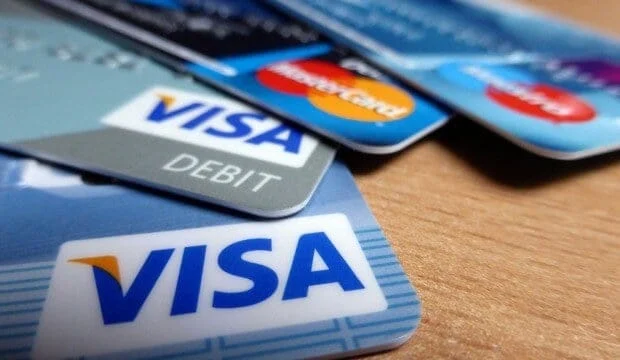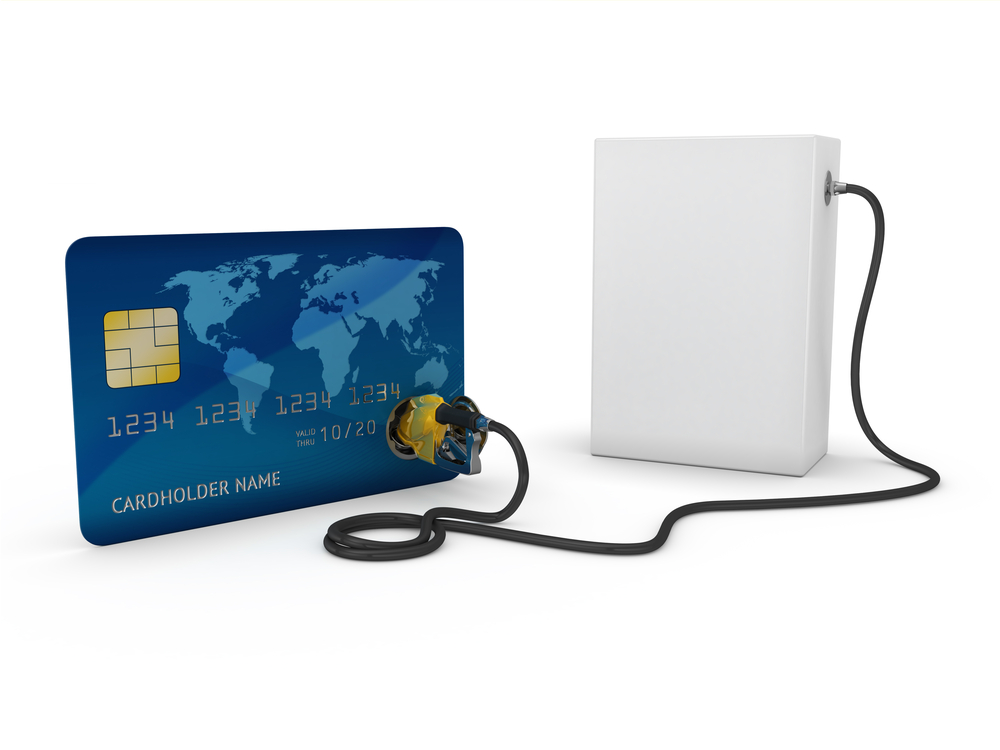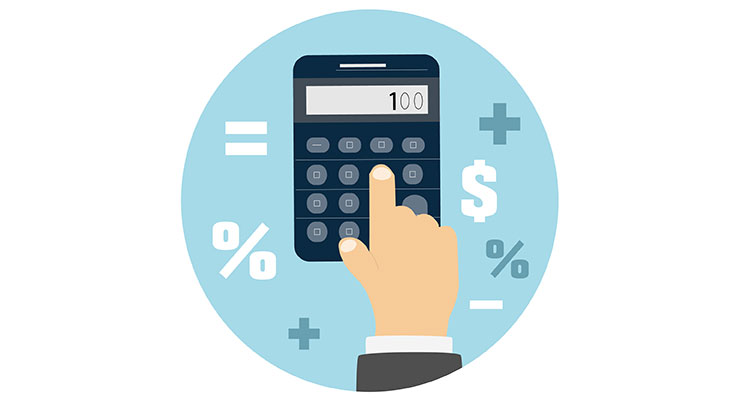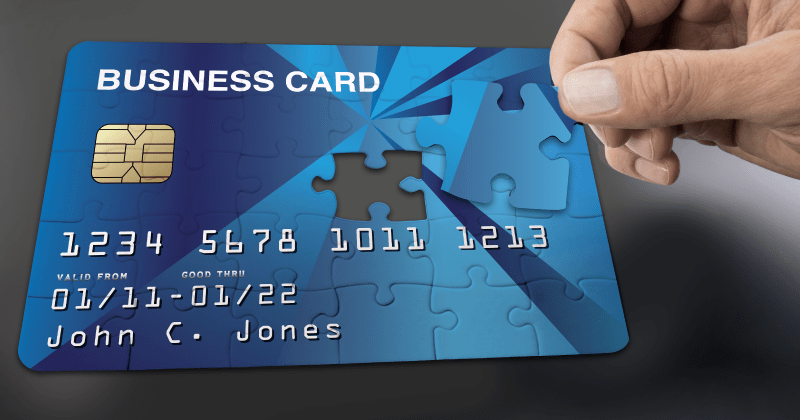Schools to Hold Programming Courses In 2016
Lorem ipsum dolor sit amet, consectetuer adipiscing elit, sed diam nonummy nibh euismod tincidunt ut laoreet dolore magna aliquam erat volutpat. Ut wisi enim ad minim veniam, quis
Different Types of Trade Credit
Establishing business credit is similar to building personal credit. Business credit refers to all credit available to a business, which can come in various forms, including credit that requires a personal guarantee (PG) and some that does not.
When a PG is required, it puts your personal assets at risk. It is important to note that you will need your Employer Identification Number (EIN) to apply and use business credit,and in many cases, you will need your Social Security Number (SSN) to verify your identity.
While it is commonly believed that it takes about three years for a business to build credit, it is possible to establish a good small business credit profile and score much earlier. Building business credit is a process, but it does not have to be a lengthy one. To begin establishing business credit, it is essential to determine the type of vendor credit card that your business needs.
Vendor credit refers to the payment terms extended by a vendor to a customer who buys goods or services from them. The customer must meet certain criteria set by the vendor, or sometimes underwriters or financial institutions, to qualify for this credit.
The credit terms are often based on net terms, which means that the customer has a specific number of days to pay in full. For instance, Net 30 means that the customer has 30 days to pay the entire balance.
Revolving credit terms, on the other hand, allow the customer to pay a portion of the balance and carry over the remaining amount to the next billing cycle. Vendors may offer revolving terms in some cases.
It’s important to note that vendor credit can only be used with the vendor that extends it. It’s not like a Visa card that can be used anywhere.
For startups, starter vendors are a good option to apply for business credit. Many of these vendors do not require a long time in business or an extensive business credit history. If a startup cannot meet these criteria, they may be able to offer a personal guarantee or secure the credit with a monetary deposit.


Retail credit refers to credit that is offered by retailers to purchase their products and services. This type of credit is typically issued in the form of credit cards and is only valid for use at the specific retailers that issue them. Since the credit cards are often ultimately issued by banks, applicants will be required by Federal law to provide their Social Security number on their credit application.
To qualify for retail credit, applicants will typically need to have at least three reported business credit experiences (transactions) on their business credit report, and may also need to meet requirements related to time in business, credit history, or business revenue. If an applicant is unable to meet some or all of these criteria, they may be able to secure their credit with a monetary deposit or by offering a personal guarantee.
Retail credit terms can be either net, meaning that payment is due within a set number of days, or revolving, meaning that the customer can carry over a balance to the next month.
Fleet credit is a type of credit that is issued by companies for the purpose of purchasing fuel and for the repair and maintenance of vehicles. Usually, these are in the form of gas cards. Even small businesses that don’t have a large fleet of vehicles can benefit from fleet credit.
To qualify for fleet credit, you may need to meet certain requirements such as having a certain amount of time in business, a positive credit history, or a minimum level of business revenue. However, if you cannot meet these requirements, you may be able to provide a personal guarantee or secure your credit with a monetary deposit.
Since fleet credit cards are typically issued by banks, you will be required to provide your Social Security number on the credit application, as required by federal law. Terms for fleet credit can be either net or revolving.


Service credit is a type of credit that is issued by service providers to pay for their services only. To qualify for service credit, there may be certain requirements such as time in business, credit history, or business revenue. If these requirements cannot be met, a personal guarantee or a monetary deposit may be required instead. Service credit cards are often issued by banks, which means that your Social Security number will be required on the credit application due to federal law. Service credit terms can either be net or revolving.
Business credit cards are payment cards issued by a vendor or financial institution to businesses for purchasing goods and services. The business agrees to pay back the card issuer for the amounts charged, plus any additional fees or interest.
To qualify for a business credit card, the business may need to meet certain requirements such as having a certain time in business, credit history, or revenue. If these requirements cannot be met, the business may need to offer a personal guarantee or secure the credit with a deposit.
Since business credit cards are typically issued by banks, the business owner’s Social Security number is required on the credit application to comply with federal law.
Business credit cards usually have revolving terms.

Lorem ipsum dolor sit amet, consectetuer adipiscing elit, sed diam nonummy nibh euismod tincidunt ut laoreet dolore magna aliquam erat volutpat. Ut wisi enim ad minim veniam, quis
Lorem ipsum dolor sit amet, consectetuer adipiscing elit, sed diam nonummy nibh euismod tincidunt ut laoreet dolore magna aliquam erat volutpat. Ut wisi enim ad minim veniam, quis
Lorem ipsum dolor sit amet, consectetuer adipiscing elit, sed diam nonummy nibh euismod tincidunt ut laoreet dolore magna aliquam erat volutpat. Ut wisi enim ad minim veniam, quis
Lorem ipsum dolor sit amet, consectetuer adipiscing elit, sed diam nonummy nibh euismod tincidunt ut laoreet dolore magna aliquam erat volutpat. Ut wisi enim ad minim veniam, quis
Lorem ipsum dolor sit amet, consectetuer adipiscing elit, sed diam nonummy nibh euismod tincidunt ut laoreet dolore magna aliquam erat volutpat. Ut wisi enim ad minim veniam, quis
Lorem ipsum dolor sit amet, consectetuer adipiscing elit, sed diam nonummy nibh euismod tincidunt ut laoreet dolore magna aliquam erat volutpat. Ut wisi enim ad minim veniam, quis
Lorem ipsum dolor sit amet, consectetuer adipiscing elit, sed diam nonummy nibh euismod tincidunt ut laoreet dolore magna aliquam erat volutpat. Ut wisi enim ad minim veniam, quis
Lorem ipsum dolor sit amet, consectetuer adipiscing elit, sed diam nonummy nibh euismod tincidunt ut laoreet dolore magna aliquam erat volutpat. Ut wisi enim ad minim veniam, quis
Lorem ipsum dolor sit amet, consectetuer adipiscing elit, sed diam nonummy nibh euismod tincidunt ut laoreet dolore magna aliquam erat volutpat. Ut wisi enim ad minim veniam, quis
A Business Credit Bureau is an agency that collects and maintains information on the credit history of businesses. It provides credit reports and scores to lenders, vendors, and other interested parties.
A Business Credit History is a record of a business's creditworthiness and financial performance. It includes information on credit accounts, payment history, and public records such as bankruptcies and liens.
Establishing Business Tradelines means opening credit accounts in the name of your business and using them to build a positive credit history. This can help you qualify for better financing terms and lower interest rates.
Business Credit Reports are documents that provide information on a business's creditworthiness, financial health, and payment history. They are used by lenders, vendors, and other parties to assess the risk of doing business with that company.
Building a Business Credit Profile means creating a positive credit history for your business by establishing and managing credit accounts, paying bills on time, and maintaining a low credit utilization ratio.
A Personal Guarantee is a promise by an individual to repay a debt if the business is unable to do so. It is often required by lenders and vendors as a condition for extending credit to a new or small business.
A Trade Vendor is a supplier of goods or services to a business. Trade Vendors often extend credit to their customers, allowing them to pay for their purchases over time.
Trade Credit is the credit extended by a supplier to a customer for the purchase of goods or services. It is a form of short-term financing that can help businesses manage cash flow.
A Vendor Account is a credit account established with a supplier or vendor. It allows a business to purchase goods or services on credit and pay for them later.
Business Tradelines are credit accounts that are reported to the credit bureaus in the name of a business. They include credit cards, lines of credit, and other credit accounts.
A Trade Payment Experience is a record of a business's payment history with its vendors and suppliers. It is used by credit bureaus to calculate a business's credit score and assess its creditworthiness.
Continuously Reported means that a business's credit accounts are regularly reported to the credit bureaus. This allows lenders and other parties to track the business's creditworthiness over time.
Newly Reported Tradelines refer to credit accounts that have been recently opened and reported to the credit bureaus. They can have a significant impact on a business's credit score and creditworthiness.
An EIN (Employer Identification Number) is a unique nine-digit number assigned by the IRS to businesses for tax purposes. It is also used by lenders and other parties to identify a business.
Hard Inquiries and Soft Personal Credit Inquiries are two types of credit inquiries used by lenders and other parties to assess a person's creditworthiness. Hard inquiries can have a negative impact on a credit score, while soft inquiries do not. Hard inquiries are typically associated with credit applications, while soft inquiries are often used for pre-approval offers or background checks.
Yes, there is such a thing as a Business Credit Inquiry. When a lender or vendor checks a business's creditworthiness, it is known as a Business Credit Inquiry. These inquiries can impact a business's credit score and creditworthiness.
NAICS (North American Industry Classification System) Codes and SIC (Standard Industrial Classification) Codes are two systems used to classify businesses based on their industry. These codes can be used by lenders and other parties to assess a business's creditworthiness and risk.
Business Credit Tiers are a way of categorizing businesses based on their creditworthiness. There are typically four tiers: high, medium, low, and no credit. The higher the tier, the more likely a business is to qualify for favorable financing terms and credit limits.
A Business Credit Builder Program is a service designed to help businesses establish and build their credit. These programs typically involve opening credit accounts, making timely payments, and working with credit bureaus to improve a business's credit profile.
Business Credit and Business Loans are two different ways of financing a business. Business Credit allows a business to access credit accounts and lines of credit, while Business Loans provide a lump sum of cash. Which one is better depends on the specific needs of the business, its creditworthiness, and the terms and interest rates available for each option.


